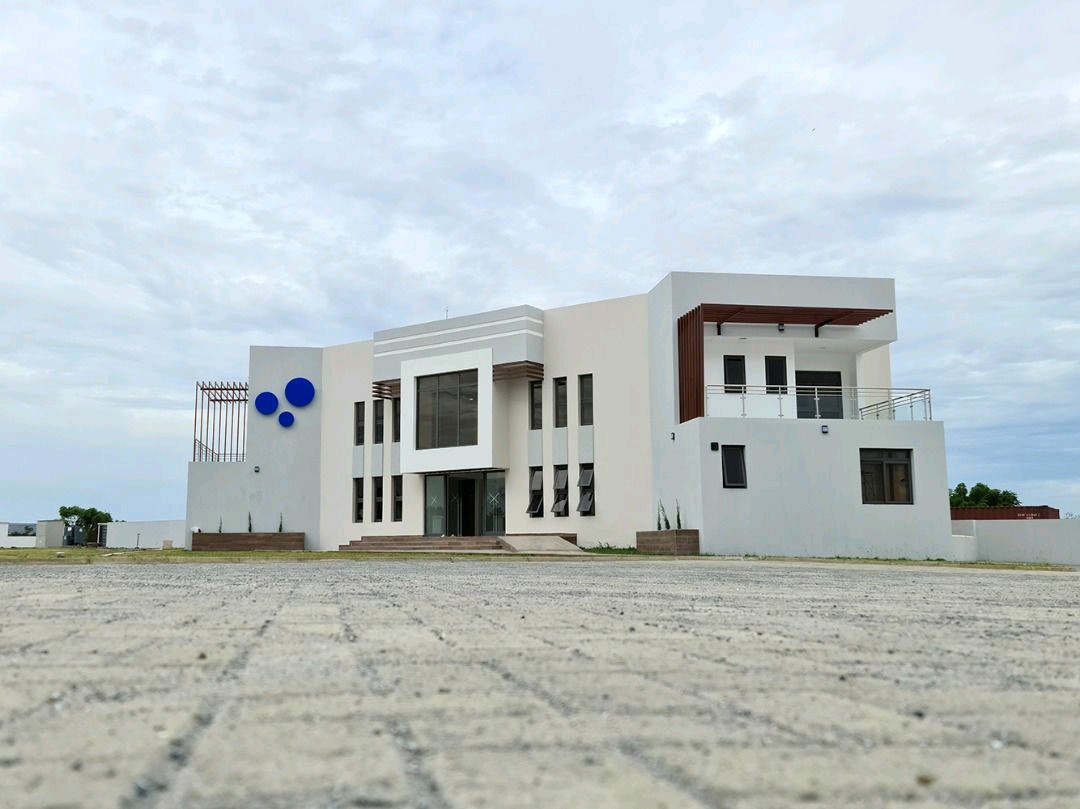Read more
Mainstream Energy Solutions (MESL) signed a contract yesterday in Abuja with Power China Huadong Engineering Corporation for rehabilitation works at its Kainji hydroelectric facility in Nigeria. MESL has been operator of the 760 MW Kainji hydropower plant and the 578.4 MW Jebba hydropower plant in Nigeria since their privatization in 2013. The contract signed yesterday covers the rehabilitation of the Unit 1G9 (80 MW) and the installation of units 1G3 and 1G4 (110 MW each) at Kainji. Rehabilitating Nigeria’s First and Oldest Hydropower Facility Kainji can accommodate a total of 12 turbine-generator units but originally consisted in only eight of them, numbered from 5 to 12. Combined, these are able to support 760 MW of generation capacity. The first of those units were commissioned in 1968, making the facility Nigeria’s first and oldest hydropower plant. When MESL acquired the station in 2013 and became its private concessionaire, Kainji’s available capacity was at 0 MW. Since privatisation, five units were successfully rehabilitated (units 5, 6, 7, 11 and 12) and the plant currently operates with 520 MW of capacity connected to the grid. Unit 7 was the last one to be rehabilitated and was connected to the Nigerian grid in Q4 2021. The contract signed yesterday with Power China Huadong Engineering Corporation will notably focus on rehabilitating a sixth turbine-generator (unit 9) to bring back another 80 MW online. This will eventually leave only two of the original eight units to be recovered and rehabilitated: unit 8 and unit 10. Expansion from New Units While the facility is already widely seen as a true success story of Nigeria’s power privatisation programme, more can be done. The project with Power China Huadong Engineering Corporation will indeed see the installation of two new units of 110 MW each. In doing so, MESL is going back to the original design of the power plant which provided for the accommodation of units 1 to 4. These never materialized, but the required civil structure and open pits are still in place to do so. The two new turbine-generator units will represent the initial unit 3 and unit 4 and add another 220 MW of generation capacity to the complex. The agreement signed yesterday is significant and will eventually see Kainji’s available generation capacity increase from 520 MW today to 820 MW in the near future. Moving forward, MESL still has the opportunity to recover units 8 and 10, representing a combined 160 MW, and install units 1 and 2 to add another 220 MW. In total, the Kainji facility could ultimately support up to 1.2 GW of clean power generation for the Nigerian grid. Details on the Kainji and Jebba hydropower plants in Nigeria can be found in the “Projects” section within your Hawilti+ research terminal.
Nigerian marine and services group UTM Offshore and the African Export-Import Bank (Afreximbank) have signed a Memorandum of Understanding (MoU) to raise $2 billion for the development of Nigeria’s first floating liquefied natural gas (FLNG) project. The MoU was signed yesterday in Abuja by Julius Rone, Group Managing Director/CEO of UTM Offshore and Dr. Benedict Okey Oramah, President and Chairman of Afreximbank. “This is a landmark project that Afreximbank takes very seriously,” Afreximbank’s president said. The agreement paves the way for additional collaboration between UTM Offshore and the Afreximbank to support a future final investment decision (FID) on UTM’s FLNG project. The company has been studying and conceptualising the development of an FLNG in Nigeria since 2020. In February 2021, it received a License to Establish (LTE) from Nigeria’s former Department of Petroleum Resources (DPR) for the installation of an FLNG unit on oil mining lease (OML) 104. The block is operated by the joint-venture of Mobil Producing Nigeria (operator, 40%) and the state-owned Nigerian National Petroleum Corp. (NNPC, 60%) and contains the producing Yoho field. Preparations for the project are now in full swing and benefit from robust global and technical expertise. The pre-Front End Engineering Design (Pre-FEED) contract was awarded to JGC Corporation of Japan in May and completed in October. KBR was appointed Owners Engineer while global energy and commodities trader Vitol has also joined the consortium as off-taker for the LNG. “The UTM Offshore FLNG will be the first such project developed by an African company on the continent. It will also significantly contribute to the Nigerian government’s agenda of reducing the flaring of associated gas across our industry. As Africa’s FLNG industry grows, we are well positioned to offer attractive project economics by developing shallow water gas reserves, while bringing significant environmental benefits to our industry as a whole.” Julius Rone, Group Managing Director/CEO, UTM Offshore The project notably involves the development and financing of a 1.2m tonnes per annum FLNG facility with a capacity to process 176 MMscfd of natural gas and condensate. The unit would target the processing of associated gas currently flared in order to cut carbon emissions and monetise additional reserves for the domestic and global markets. UTM Offshore is pioneering the development of the FLNG facility in collaboration with LNG Investment Management Services (LIMS), a subsidiary of the state-owned Nigeria National Petroleum Corporation (NNPC). Details on the UTM FLNG can be found in the “Projects” section within your Hawilti+ research terminal.

